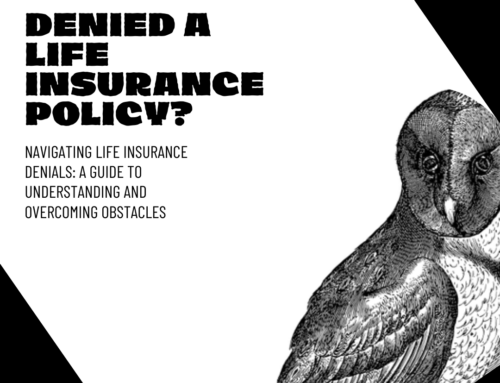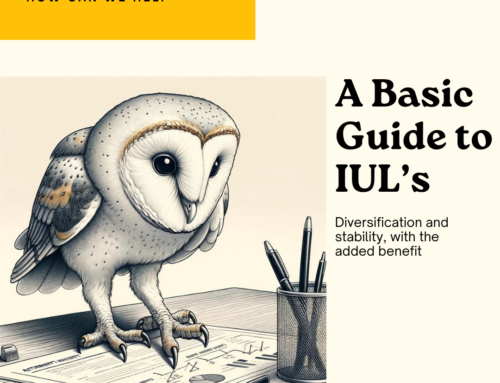When you embark on the journey of homeownership with a mortgage, you’re likely to encounter a barrage of calls and postcards vying for your attention. Some of these postcards can be alarmingly misleading, walking the fine line between drawing you in and sounding like a subtle threat – a warning that without mortgage protection insurance, your home is at risk.
The reality is, this situation is not uncommon. Amidst the myriad of postcards, advertisements, and online forms, some genuinely offer valuable insights and statistics about the necessity of various types of mortgage protection.
So, you decide to respond, whether it’s through a postcard, a phone call, or an online form. What unfolds next is a process that often remains hidden from view – your information is sold as a lead to an insurance agency.
But what really happens to your information?
As people submit their details, this information that you submitted is sold to an insurance agency. These surveys will ask questions to gain information about….
- Your address and contact information
- Home Mortgage Amount
- Mortgage Company
- Do you smoke?
- Any major health history or concerns
- Maybe a qualifier like “What is your favorite hobby?”
They will try to gain as much information as possible. Quite often, they might throw a joke question in the midst just to disarm you a little, something like…. How often do you go skydiving or basejumping? This information is gathered together in a file created based on your responses. Then the cycle begins.
What happens next to YOUR details?
Insurance brokers purchase each individual “lead” for amounts ranging from $1 to $300, depending on the lead’s quality and the information gathered. Agents then inundate you with calls, texts, and automated messages, persistently seeking to engage you in a discussion about your life insurance options.
While this approach may appeal to some, the vast majority on the receiving end are left in the dark about what’s happening with their information and the lengthy, sometimes intrusive process that ensues.
Let’s paint a vivid scenario…
Hannah, casually scrolling through Facebook, comes across an ad about mortgage protection insurance. Intrigued, she decides to get a free quote by providing some basic information. Soon after, an agent named John contacts Hannah for a follow-up, requesting additional health details and any prescription medications she may be on.
If Hannah does not answer the initial phone call, not to worry. John has been instructed to call 2 more times in hopes that Hannah will think it’s important and will answer. A question we ask, “What usually goes through your mind when a number you do not know, calls you 3 times in a row?” My guess is a lot of things that do not have to do with Life Insurance. Simultaneously, your phone number is entered into an automated texting system. Now you are receiving 3 calls a day, a few texts, and possibly emails.
If she does decide to answer, John then delves into a sales script designed to guide him to the sale, possibly during that call or by scheduling another appointment to meet in person, over the phone, or on Zoom. Behind the scenes, agents invest hours, days, and considerable resources perfecting scripts and techniques designed to guide potential clients like Hannah toward purchasing insurance. A quick search on YouTube reveals countless tutorials on how to navigate conversations, address concerns, present concepts persuasively, and ultimately sell life insurance. Entire industries are built on how to approach and ultimately guide you towards purchasing a policy. I use the term “guide” here as some are better than others.
Regardless of how far Hannah progresses, if she decides against purchasing a policy, her information is then resold to another agent at a slightly lower price, perpetuating the cycle of persistent outreach. Leads can be resold indefinitely, leaving people like Hannah caught in the cycle, constantly bothered, and ultimately turning Hannah off Life Insurance altogether.
Is this how you want your personal information to be treated?
Does this make you reconsider life insurance as a viable prospect?
Life insurance might have been a solid choice for Hannah, offering her a chance to broaden her retirement planning and secure her family’s financial future. It’s a valuable tool that can complement your financial strategy, providing both security and potential growth. However, the stereotype of the aggressive salesperson and the constant barrage, and can unfortunately deter many from exploring this beneficial option, leaving a sour taste lingering behind.



